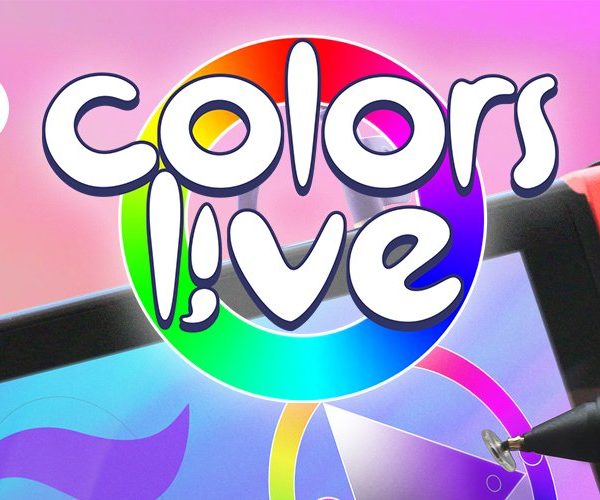
"Combat is not necessarily more challenging than other games, it’s more that the game explains less to you and demands more attention."Īll of these responses help illustrate the benefits of challenge, and importantly, they describe difficulty as more of a function of design goals rather than a goal in and of itself. "I think in general a Souls-like will be harder than the average game, but I find the difficulty shift due to the lack of hand-holding rather than an inflated difficulty, when done well," says Kiron Ramdewar from Playstack. If you can still create that euphoria without challenge, then you've probably created a new sub-genre of Souls-likes." "Part of what makes a Souls game so rewarding is overcoming mechanical difficulty by learning patterns and systems. "The difficulty has to be deliberate in a way that leverages risk and reward," Kubodera says. Kubodera and Canellas are of a similar mind, and don't feel that Souls-likes necessarily have to be super challenging. Decamp agrees that games which are marketed as Souls-likes are probably going to be hard, but with the caveat that while "difficulty has become inherent in the label, ideally, it shouldn't be… it's FromSoftware's science of timings and their airtight mechanics that should be praised rather than the difficulty of their games." Many devs also feel that the difficulty debate can be a red herring. Silva, meanwhile, argues that a challenge is essential because "well-thought exploration can't feel meaningful without significant penalties for carelessness." Costantini, for example, believes that "a Souls-like game has to be inherently hard" but acknowledges that "that might change for each player," and he praised the rise of diverse approaches to difficulty in this space. Speaking of a checklist, I did specifically ask if a high level of difficulty is integral to the Souls-like experience, and the group was divided. Maybe there should be a minimum checklist." Does a Souls-like have to be hard? As Kubodera puts it, "all too often I feel like someone sees an on-death mechanic and that alone is enough for them to call a Souls-like. Sometimes there's too much overlap (and too much jargon) in how we sort games as products versus how we describe them as experiences.

There's a risk of shortsightedness when differentiating how a game feels and what it's trying to do as opposed to exactly how it goes about those things. Decamp acknowledges that while Dead Cells does have some similar ideas, "the games differ on other aspects, the framing of the game being the most obvious one," hence why the popular indie is officially described as a "Souls-lite" game. Canellas says Hollow Knight isn't a Souls-like, for instance, while Kubodera reckons Dead Cells isn't either, and I'd agree with them both. In fact, a few devs argued that many games with mechanics similar to the Souls games aren't even Souls-likes at all. It's interesting to me that the devs I spoke to focused on big-picture stuff whereas many people latch onto individual mechanics when identifying Souls-likes.

"Because you can make very poor decisions, making very good decisions feels meaningful" James Silva, Ska Studios Even though these games tend to be action-packed, they also require the player to analyze rather than just banging their head against the wall until it cracks." "Souls-likes usually have attacks with a high amount of start-up frames before an attack deals damage."įromSoftware's games are also known for their convincingly heavy weapons, and Decamp likewise brought up how purposeful Souls-like combat tends to feel: "I know that when I play such a game, I need to really focus on the action, try to understand everything. "Most games with melee combat focus on fast attacks that sometimes come out in a few frames, and this usually feels much more immediately rewarding," he says. Jean Canellas, co-founder at White Rabbit, zeroed in on the pacing of the action. Pierre Tarno of Sloclap, the creator of Absolver and Sifu, touched on "deliberate combat" with a high level of "commitment through stamina and recovery." Jonathan Costantini of Eldest Souls developer Fallen Flag described Souls-like combat as skill-based action. The concept of stamina raises a more specific point that comes up again and again: a very particular type of combat.

Salt and Sanctuary (Image credit: Ska Studios)


 0 kommentar(er)
0 kommentar(er)
